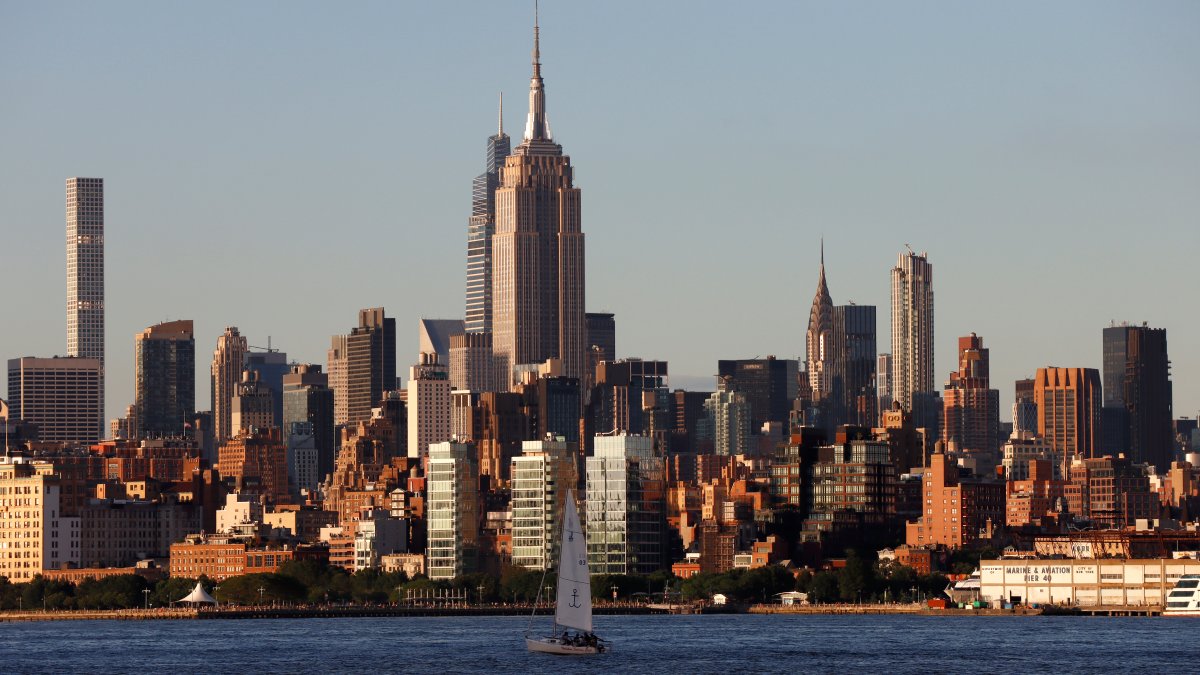Going Down (Financial Market Data Recent Tokyo)
–
Inflation in the US was 9.1 percent in June, the highest level in more than 40 years. And even though the Fed indicated “increasing signs of a slowdown in demand”, i.e. a recession, in its “Beige Book” economic report on Wednesday, it will raise the key interest rate sharply again at the end of the month, possibly by a full percentage point . The Fed is also withdrawing money from the financial market by selling government bonds.
“Good news”
Even without the measures taken by the central bank, money would be tighter, with the inflation rate alone taking care of that. If a bank currently lends money at eight percent annual interest, it makes a loss. So interest rates go up while lending goes down. Investors’ money is less loose, and the big future promises made by tech companies are losing their appeal.
This also applies to exchange-traded funds (ETF) such as »ARK Innovation« (ARK for Active Research Knowledge). The fund promises shares in futuristic technologies (“to own tomorrow’s disruptors”). This goes from artificial intelligence to DNA sequencing and robotics to blockchain. For a year, ARK stock climbed from $32 to $158, falling almost all the way in the past few months. On May 12, 2022, the price reached a temporary low of $35 and was around $44 on Thursday. In the absence of better prospects, it was “good news” for ARK fund manager Catherine Wood in early July that the US economy was finally slipping into recession, according to new data.
Wood’s fund owns shares in software developers and payment service providers, Crispr Therapeutics (3.6 percent weight) and Spotify (3.3 percent); however, Tesla has always had the largest share (currently 9.5 percent). And that’s probably also a problem in the medium term, because Elon Musk may be able to build castles in the air, but not necessarily cars. With the Tesla, a plastic part on the door that was not manufactured to fit can flake off at any time. Better electric models from the competition will not be long in coming. VW or Mercedes will then no longer have to buy “CO2 promissory notes” from Tesla for their combustion engine fleets, a pillar of Musk’s business model.
The old sound
Before that happens, thousands of Tesla batteries are stuck in Chinese ports, as Musk complained to his fan club “Tesla Owners of Silicon Valley” at the end of June. “The factories in Berlin and Austin are gigantic money-making machines right now,” he boasted. “It’s really like a gigantic roar, this sound of burning money.” That was the sound of the many years in which the level of the “cash burn rate” determined the success of financing rounds, not something sensuous like that Profit. That is now over for the time being.
Tesla shares have fallen by half since the all-time high at the end of December 2021 ($1,243) and are currently at $700. From July to September, the group is laying off around 3,000 employees worldwide, ten percent of the wage-earning employees, around 3.5 percent of the total workforce – “not very many”, as Musk said at the “Qatar Economic Forum” at the end of June. He sees room for improvement there too.
squaring the circle
Meta is probably hit hardest in Silicon Valley. The parent company of Facebook, Whatsapp and Instagram lost 249 billion US dollars in market value on February 3 alone – the largest daily loss in US stock market history was due to the announcement that iPhone and Android users were increasingly transmitting their data blocked. But even the shares of the flagship company Apple have collapsed by 30 percent this year.
In Europe, too, the model of constant expansion due to ever-increasing debt has seen its best days. The Swedish payment service Klarna, for example, laid off one in ten of its approximately 7,000 employees in May. Since last Monday it has been clear how many more Klarna shares there were for the same money in the current round of financing. The company was valued at $6.7 billion. In the previous round in June 2021 it was $45.6 billion.
It was even worse for the Berlin delivery service Gorillas. CEO Hakan Sümer recently laid off around 300 employees, half of his global team, in order to become attractive to investors – the financing round then failed. Sümer will probably soon have to make a profit, although the exploitation of the couriers can hardly be intensified any further. The task is similar to squaring the circle. At its Turkish competitor Getir, around 4,400 employees have just been laid off, 14 percent of the workforce. But even that hardly attracts investors from behind the money oven.
–


